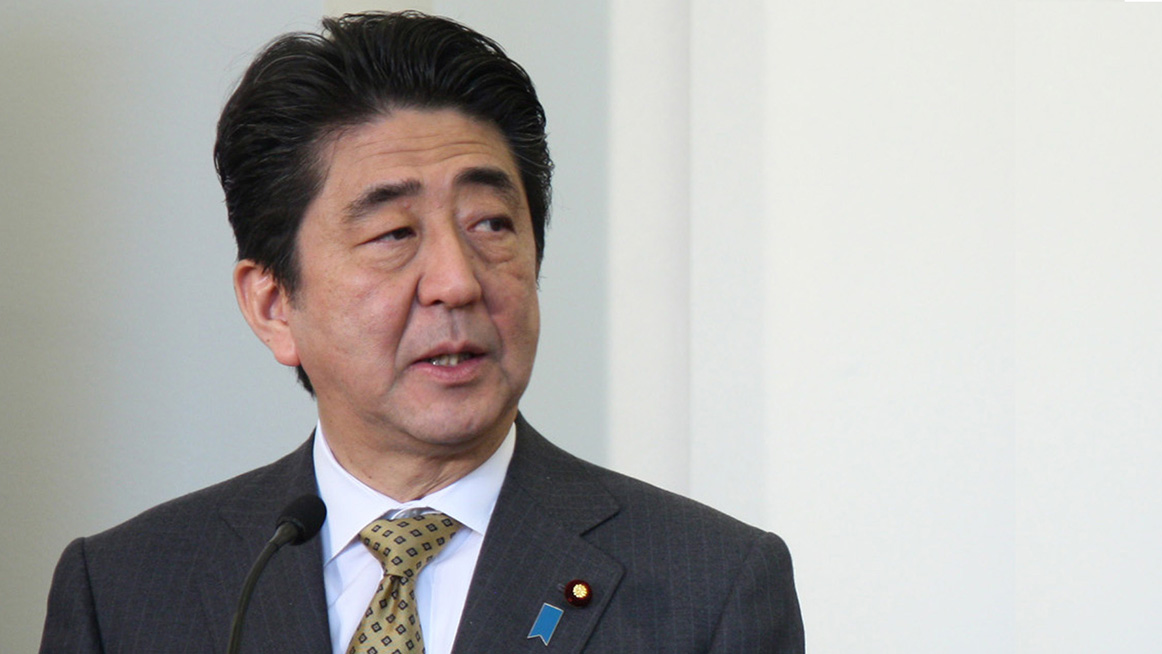Driving commercial and political engagement between Asia, the Middle East and Europe
Driving commercial and political engagement between Asia, the Middle East and Europe
Driving commercial and political engagement between Asia, the Middle East and Europe

Agata Skrzypczak, from Asia House’s Business and Policy team, assesses the implications of Japan’s Upper House elections.
Sunday 21 July saw Japan go to the polls for the Upper House elections, held every three years to elect roughly half of the chamber’s 245 seats for six-year terms. The other half of the chamber, currently three years into their terms, will be selected at the next election in 2021.
It was a bitter-sweet outcome for Prime Minster Shinzo Abe, whose Liberal Democratic Party (LDP) performed strongly but fell short of giving him a decisive majority with which to push through key reforms.
The LDP-Komeito coalition collectively secured 71 seats, with 54 going directly to the LDP. These 71 seats, in combination with the 70 coalition-held seats not voted on in 2019, are enough to give the coalition a clear majority in the Upper House. The LDP and Komeito now have a total of 141 seats and a majority of nearly 60 per cent.
However, this is well short of the crucial two-thirds majority required by the Abe administration to advance its ambitious constitutional reforms.
Abe has proposed constitutional amendments in four areas, with the most widely-discussed being the renouncement of Article 9. Viewed by many within the LDP as a legacy of the post-war Allied occupation, Article 9 renounces war and prohibits Japan from maintaining a conventional military.
For such a revision to take place, a two-thirds majority is required in both the Upper and Lower Houses. The parties in favour of such revision – the LDP, Komeito and Nippon Ishin no Kai (Japan Innovation Party) currently hold 157 Upper House seats, just seven short of the threshold required to put the issue to a national referendum.
This means Abe might face difficulties achieving his goal of amending the constitution.
Despite the potentially game-changing implications of the election for Japan, voter turnout was the second lowest since the Second World War, topping out at just 48.8 per cent. The last time Upper House election turnout dipped below 50 per cent was in 1995 (at just 44.52 per cent).
The election, which was also framed around economic policy, pension systems, security and foreign policy, failed to attract public attention due to a lack of clear-cut differences among parties’ stances on the issues. Severe weather conditions caused by typhoon in the south-west of the country also affected turnout.
For Abe’s re-elected government, the focus will now be on managing pressure from long-time alliance partner the US in upcoming trade negotiations. It is believed that the two countries are working on a modest bilateral trade agreement ahead of a meeting between US President Donald Trump and Prime Minister Shinzo Abe in New York in September.
Another likely outcome of Sunday’s elections will be a toughening of Japan’s stance on its trade dispute with South Korea – a simmering issue with the potential to boil over.
The South Korean government is believed to be concerned that Sunday’s election result may encourage an emboldened Abe to take a stronger approach towards Seoul amid rising tensions between two countries.
With trade between Japan and South Korea being key to regional and global supply chains, tensions between them represent a key point of interest for industry leaders globally.
Asia House can help businesses understand and navigate Asian markets and their challenges through its Corporate Membership and Asia House Advisory services.
Trade tensions in Asia and beyond will be an area of focus at the Asia House Global Trade Dialogue, taking place in Singapore on 7 November. Find out more.
